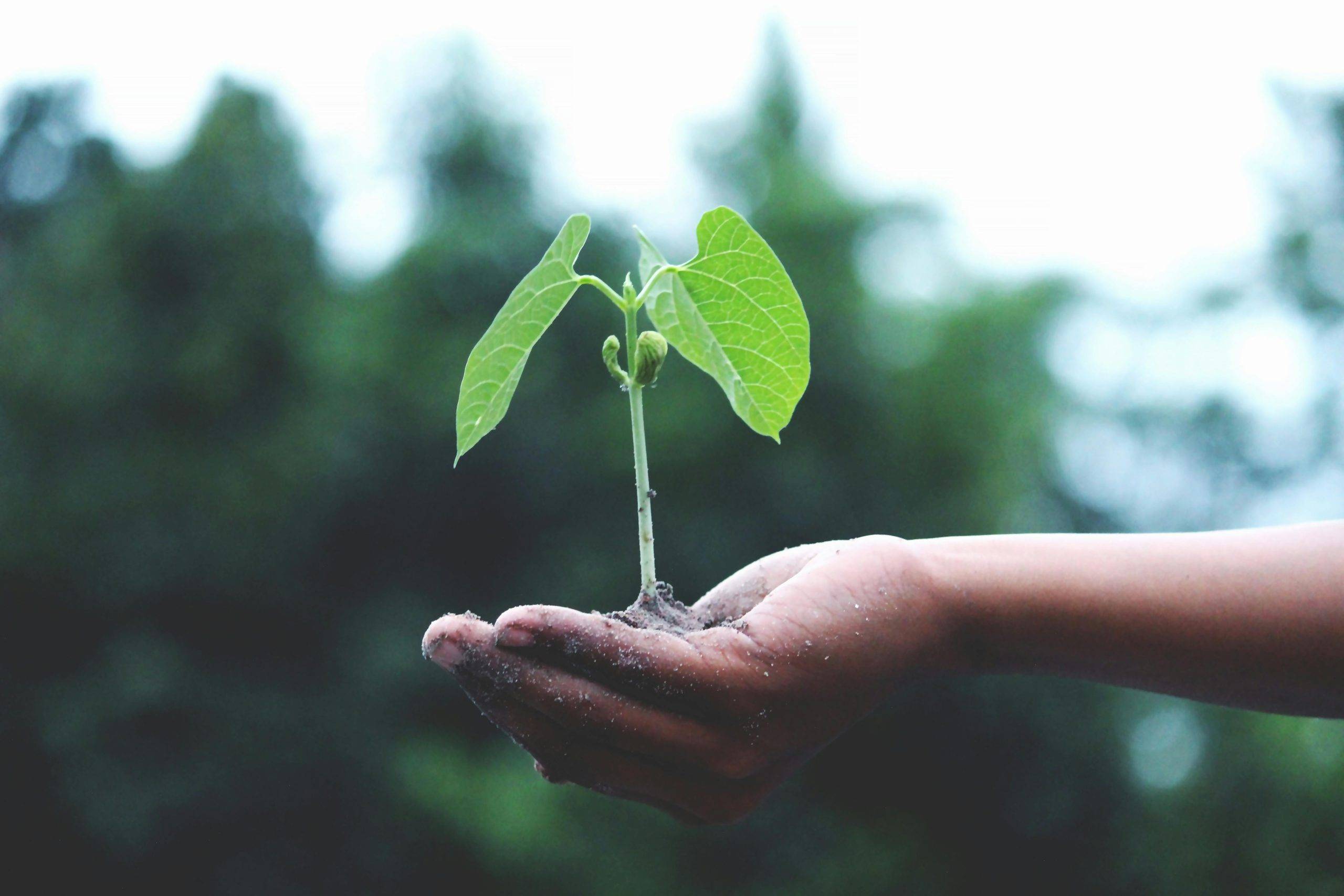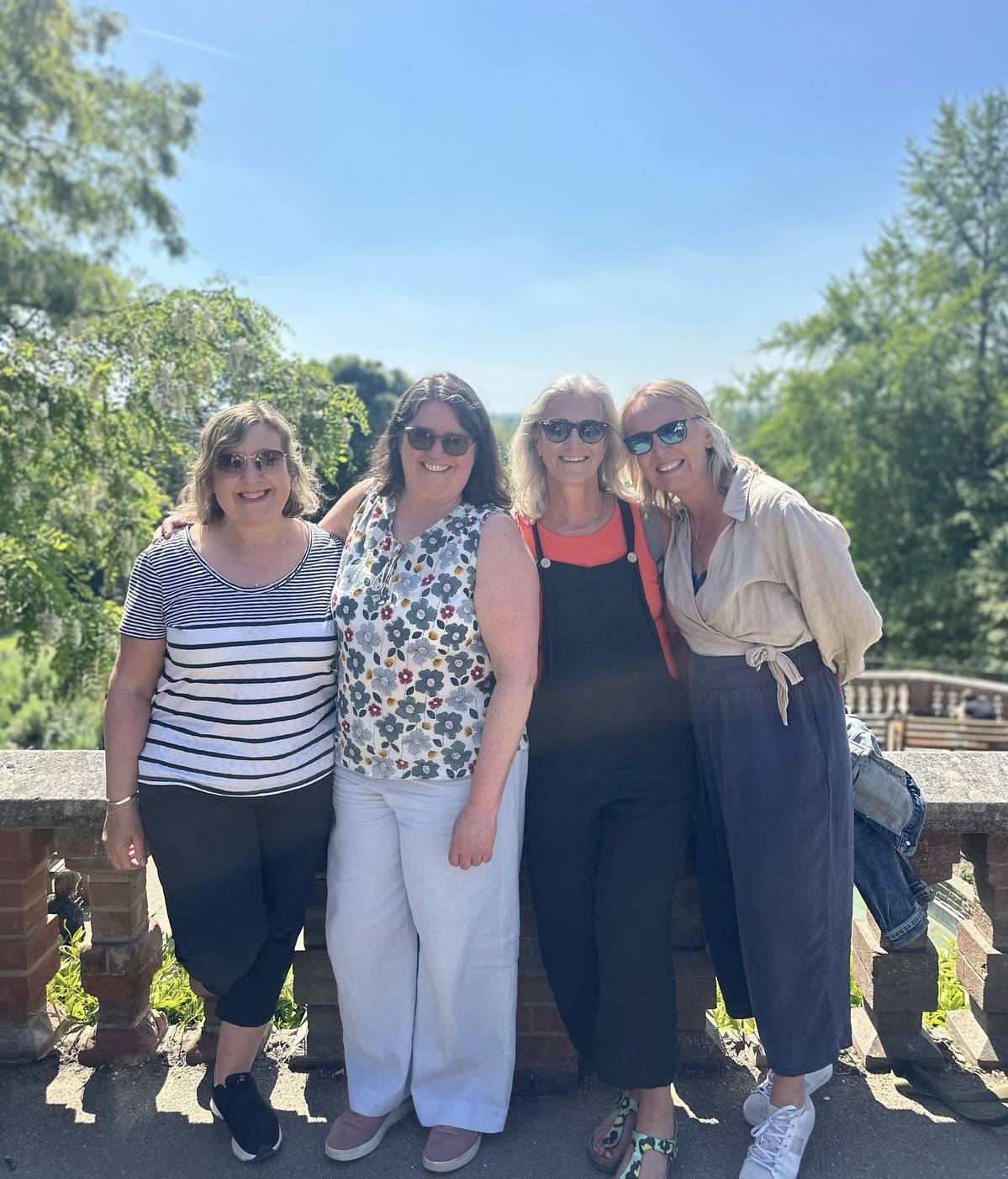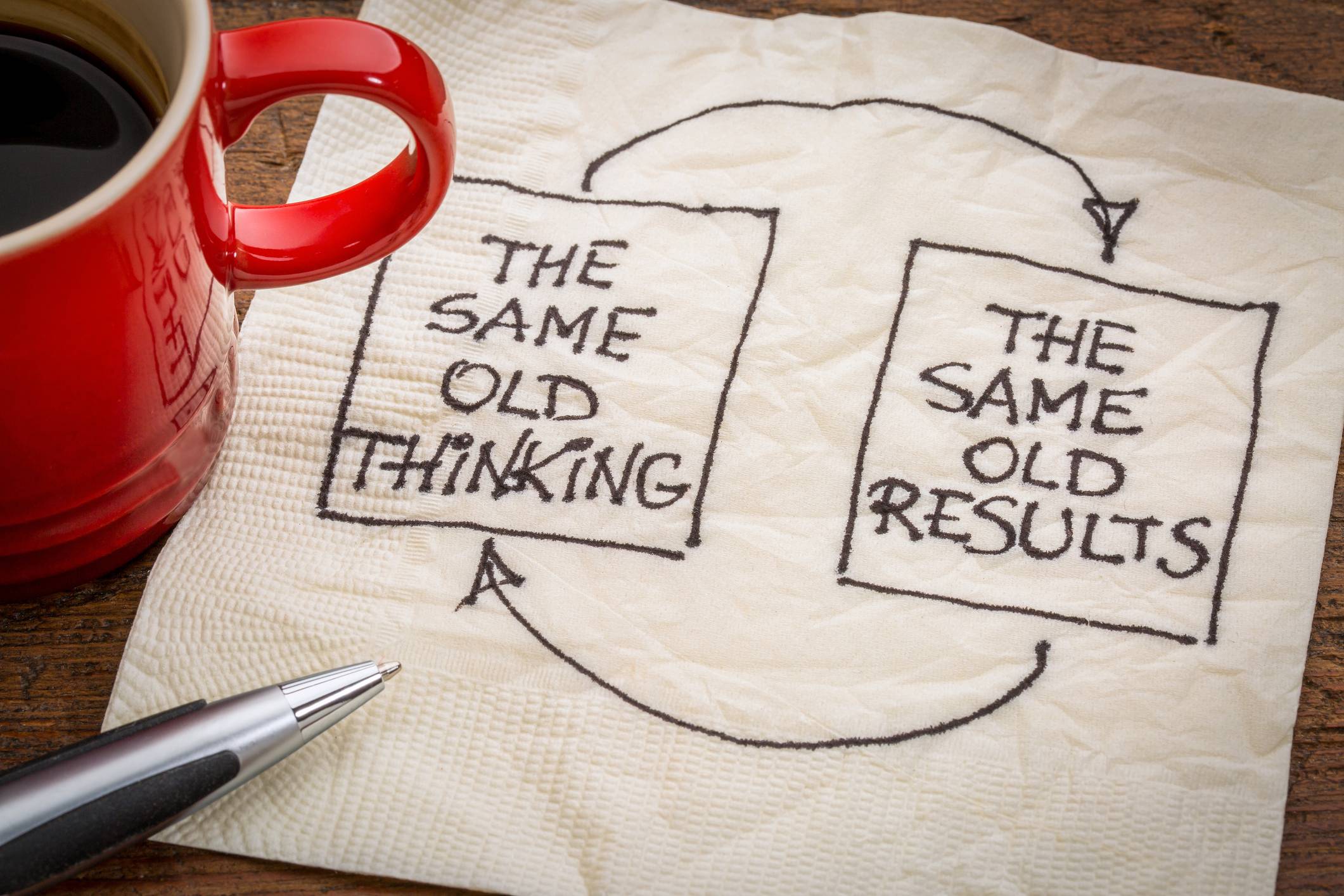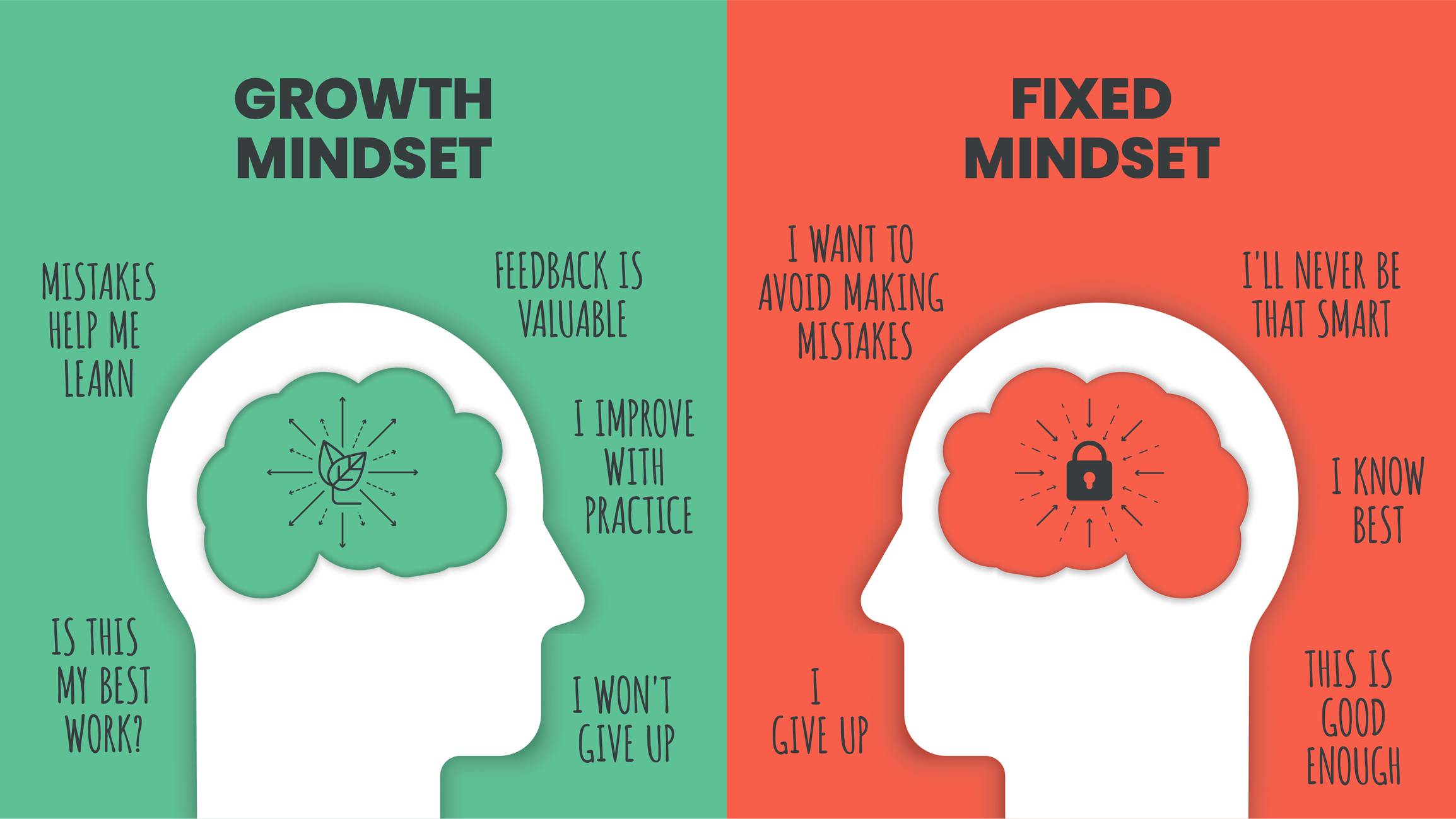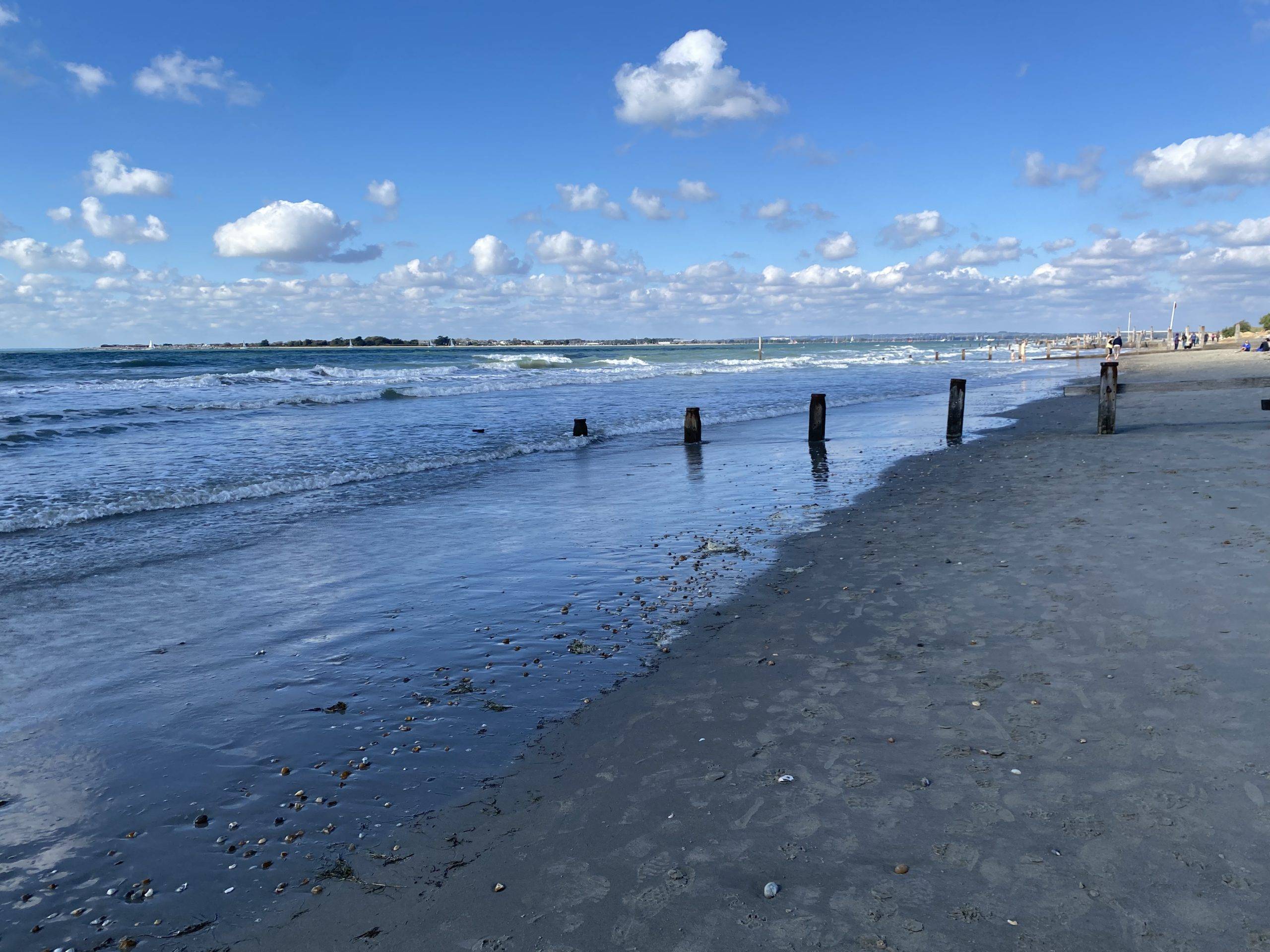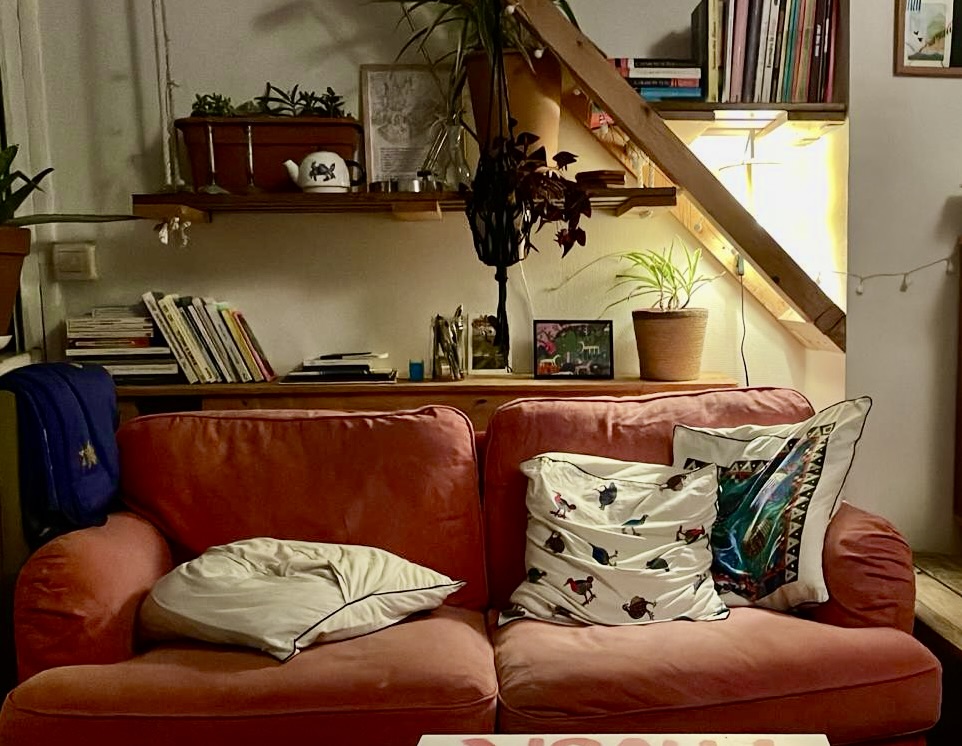Interview anxiety is real, but it doesn’t have to define your experience.
As a career coach, I often work with clients who have everything it takes – the skills, the experience, and the passion – but who struggle to demonstrate this when it comes to an interview because they become paralysed with anxiety. If this resonates with you, here are some practical steps you can take to calm your nerves and step into interviews with confidence:
Reframe the Interview
It’s easy to feel like you’re under a microscope during an interview. Remember that the interviewers are not judging you as a person. They’re looking to see how well your skills and experience match the criteria they’ve set – they genuinely want to find someone like you who fits the role. They’re human too, and want you to succeed.
Try to shift your perspective. Instead of seeing the interview as a test, view it as a conversation about your passions, your journey, and how you can contribute.
Connect to Your ‘Why’
Remind yourself of what you can bring to the role and your passion for the field / organisation. Think about the bigger picture and the fact that the interview is one step on your journey to the destination.
Visualise your ideal working life – what does it feel like to be in a role you love? Let that vision fuel your preparation and remind you of why you’re doing this.
Know Your Story
Remember the things that make you unique – spend some time reminding yourself of your strengths. Knowing how to articulate your story and your value will build your confidence.
Avoid judging yourself and avoid trying to be impeccable – if you trust yourself to be yourself, you will feel more at ease and therefore more easily be able to think in the moment and articulate your responses confidently. If you’re unsure of any of the questions, ask for clarification before giving your answer.
Practise
Interview preparation isn’t just about knowing your material — it’s about getting comfortable speaking aloud. Here’s how to do it:
- Talk to yourself – in front of a mirror, into a voice note, or on camera.
- Watch and listen back – yes, it can feel awkward at first, but it helps desensitise you to your own voice and mannerisms.
- Tick off the criteria – when you play back your answers, check how well you’re addressing the key skills and competencies they’re looking for.
- Be consistent – even five minutes a day makes a difference.
If you don’t have time to record, speak your answers aloud wherever you are – in the car, on a walk, in the shower. Talking around your key points in a conversational style will help you feel more familiar and confident about all the experience you can draw upon when answering the interview questions.
Avoid trying to learn any answers off by heart as this will cause anxiety about forgetting something and it will stop you thinking in an agile way.
Make a Mind Map
Create a mind map linking your experience and skills with the competencies listed in the job description. When you hear key terms in a question, you’ll be ready to draw on the right example without scrambling.
Be positive with yourself
Focus on your past successes and the skills and strengths you’ve developed over the years. Remember the value you bring and everything you’ve already achieved through your work and experience.
Listen to some music that makes you feel all-powerful – listen to it daily and do some power moves.
Put some post-its up around the house with some positive affirmations and remind yourself daily – You Can Do This!
Eight Practical strategies that can help you remain calm and think clearly at the interview:
1. Deep Breathing (Diaphragmatic Breathing)
Technique: Use a deep breathing technique like the 4-7-8 method:
-
- Inhale for 4 seconds.
- Hold your breath for 7 seconds.
- Exhale slowly for 8 seconds. This pattern slows the heart rate and relaxes the body.
- When to use: Before the interview starts and between questions to reset your stress response.
2. Progressive Muscle Relaxation (PMR)
Technique:
-
- Start by tensing the muscles in your feet for 5 seconds, then relax them for 10 seconds.
- Slowly work your way up through each muscle group—legs, abdomen, chest, arms, and face—tensing and relaxing.
- Focus on the difference between tension and relaxation in each muscle group.
- When to use: Before the interview or during moments of anxiety within the interview when the body feels tense.
3. Visualisation of a Safe Place
Technique: Close your eyes, take a few deep breaths, and vividly imagine a place where you feel completely safe and at peace. Focus on the sensory details—what you see, hear, smell, and feel.
- When to use: Before the interview or if you start to feel overwhelmed during the interview, take a quick mental break and visualise your safe space for a moment.
4. Grounding Techniques
Technique (5-4-3-2-1): Focus on your five senses to reconnect with the present moment.
-
- 5 things you can see: Look around and name five things you can see.
- 4 things you can touch: Focus on four things you can feel (e.g., the texture of the chair or your feet on the ground).
- 3 things you can hear: Focus on three sounds (e.g., a clock ticking, background noises).
- 2 things you can smell: Take a moment to notice two scents in your environment.
- 1 thing you can taste: Focus on the taste in your mouth (e.g., if you have water, note the flavor).
- When to use: Anytime during the interview when you feel yourself losing focus or getting overwhelmed. It’s a simple technique that can help redirect attention and calm the brain.
5. Mindful Awareness (Mindfulness Meditation)
Technique: Focus on your breath or body sensations, observing them without judgment. If your mind wanders, gently bring your focus back to your breath or body.
- When to use: This is best as a regular practice, but it can also be helpful during moments of anxiety in the interview, as it helps you stay present and calm.
6. Aromatherapy (Essential Oils)
Technique: Use an essential oil diffuser or apply a few drops of calming essential oils to a handkerchief or wrist before the interview. Scents can trigger a calming response in the brain.
- When to use: Before or during the interview, if allowed. The key is consistency – by associating the scent with relaxation, it can act as a cue to calm the mind.
7. Positive Affirmations and Self-Talk
Technique: Identify a few key affirmations to repeat during the interview or when anxiety starts to rise, such as:
-
- “I am calm and capable.”
- “I can handle this with clarity.”
- “I trust myself to handle each question with confidence.”
- When to use: Throughout the interview, especially in moments of doubt or anxiety.
8. Mindful Pause
Technique: Simply take a moment to breathe and gather your thoughts before answering the next question. It’s okay to say, “Let me take a moment to think about that” or “I just need a second to collect my thoughts.” This shows poise and control and helps reset your brain.
- When to use: During the interview, especially in moments of doubt or anxiety, giving your mind a chance to calm and refocus.
With the right mindset and practical preparation, you can feel more confident, calm, and clear-headed at your next interview. It’s okay to be nervous and it’s okay to not have perfect answers. Everyone experiences some form of anxiety, especially in high-stakes situations. The goal is not to eliminate anxiety completely, but to manage it so that you can perform at your best.
Remember, it’s not about being perfect – it’s about being present. You don’t have to be anyone else – just be you. Remind yourself: ‘This is just a conversation. I don’t have to be perfect. I just need to show them who I am and how I can contribute.’
